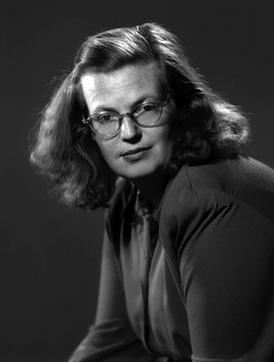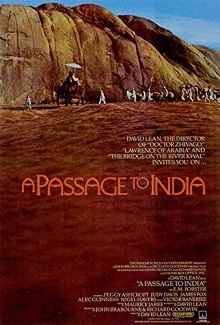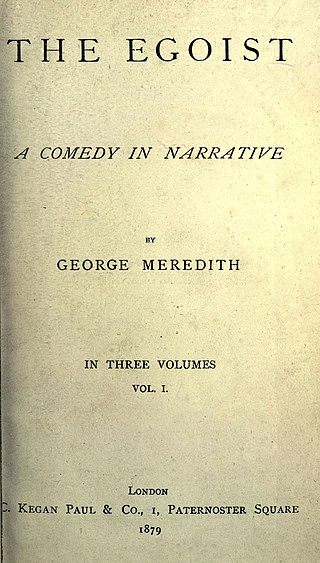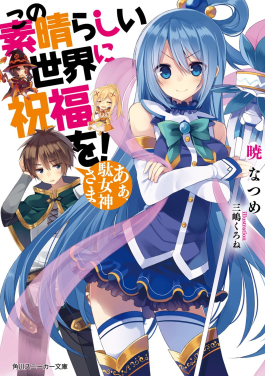
Ray Douglas Bradbury was an American author and screenwriter. One of the most celebrated 20th-century American writers, he worked in a variety of genres, including fantasy, science fiction, horror, mystery, and realistic fiction.

Edward Morgan Forster was an English author, best known for his novels, particularly A Room with a View (1908), Howards End (1910) and A Passage to India (1924).

Dame Daphne du Maurier, Lady Browning, was an English novelist, biographer and playwright. Her parents were actor-manager Sir Gerald du Maurier and his wife, actress Muriel Beaumont. Her grandfather was George du Maurier, a writer and cartoonist.

Where Angels Fear to Tread (1905) is a novel by E. M. Forster. The title comes from a line in Alexander Pope's poem An Essay on Criticism: "For fools rush in where angels fear to tread".

Shirley Hardie Jackson was an American writer known primarily for her works of horror and mystery. Her writing career spanned over two decades, during which she composed six novels, two memoirs, and more than 200 short stories.

Jeanette Winterson is an English author.
"The Machine Stops" is a science fiction short story by E. M. Forster. After initial publication in The Oxford and Cambridge Review, the story was republished in Forster's The Eternal Moment and Other Stories in 1928. After being voted one of the best novellas up to 1965, it was included that same year in the populist anthology Modern Short Stories. In 1973 it was also included in The Science Fiction Hall of Fame, Volume Two.

Sir Malcolm Stanley Bradbury, was an English author and academic.

The Longest Journey is a bildungsroman by E. M. Forster, first published in 1907. It is the second of Forster's six published novels, following Where Angels Fear to Tread (1905) and preceding A Room with a View (1908) and Howards End (1910). It was Forster’s favourite among his own novels.
"The Life to Come" is a short story by English writer E. M. Forster, written in 1922 and published posthumously in The Life to Come in 1972.

A Passage to India is a 1984 epic historical drama film written, directed and edited by David Lean. The screenplay is based on the 1960 play of the same name by Santha Rama Rau, which was in turn based on the 1924 novel of the same name by E. M. Forster.

Maurice is a 1987 British romantic drama film directed by James Ivory, based on the 1971 novel Maurice by E. M. Forster. The film stars James Wilby as Maurice, Hugh Grant as Clive and Rupert Graves as Alec. The supporting cast includes Denholm Elliott as Dr Barry, Simon Callow as Mr Ducie, Billie Whitelaw as Mrs Hall, and Ben Kingsley as Lasker-Jones.

The Egoist is a tragicomical novel by George Meredith published in 1879.
The Wonderful Land of Oz is a 1969 film directed by Barry Mahon. It is a low budget but faithful adaptation of the 1904 novel The Marvelous Land of Oz by L. Frank Baum.

Javier Calvo Perales is a Spanish writer born in Barcelona in 1973.

Aspects of the Novel is a book based on a series of lectures delivered by E. M. Forster at Trinity College, Cambridge, in 1927, in which he discusses the English language novel. By using examples from classic texts, he highlights what he sees as the seven universal aspects of the novel, which he defined as: story, characters, plot, fantasy, prophecy, pattern, and rhythm.

KonoSuba: God's Blessing on This Wonderful World!, often referred to simply as KonoSuba, is a Japanese light novel series written by Natsume Akatsuki and illustrated by Kurone Mishima. The series follows Kazuma Satou, a boy who is sent to a fantasy world with MMORPG elements following his death, where he forms a dysfunctional adventuring party with a goddess, an archmage, and a crusader. Originally serialized as a web novel on Shōsetsuka ni Narō between December 2012 and October 2013, KonoSuba was published as a printed light novel series by Kadokawa Shoten under the company's Kadokawa Sneaker Bunko imprint from October 2013 to May 2020. The light novel series features a divergent plot.
This page is based on this
Wikipedia article Text is available under the
CC BY-SA 4.0 license; additional terms may apply.
Images, videos and audio are available under their respective licenses.













